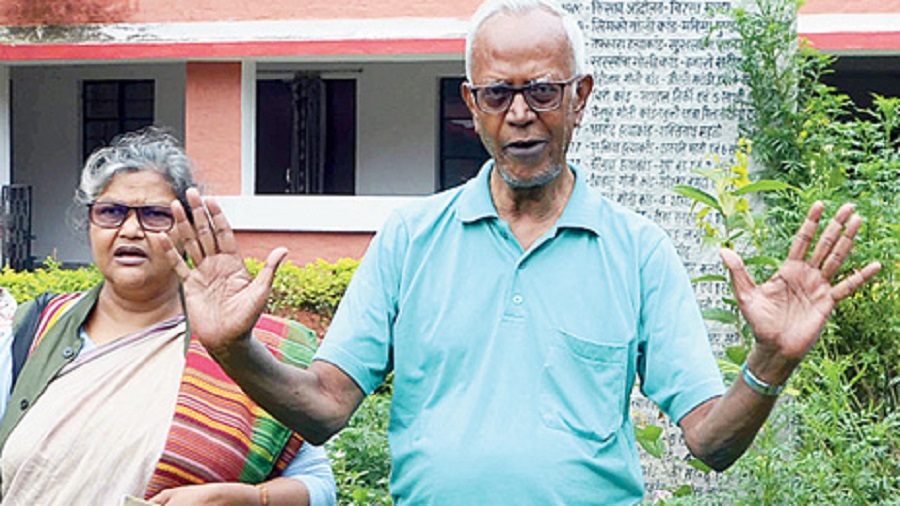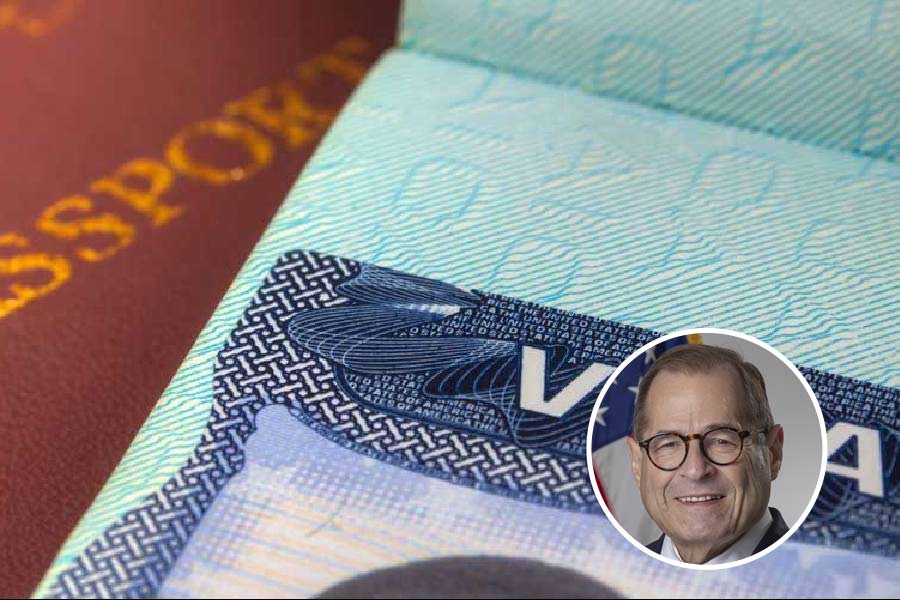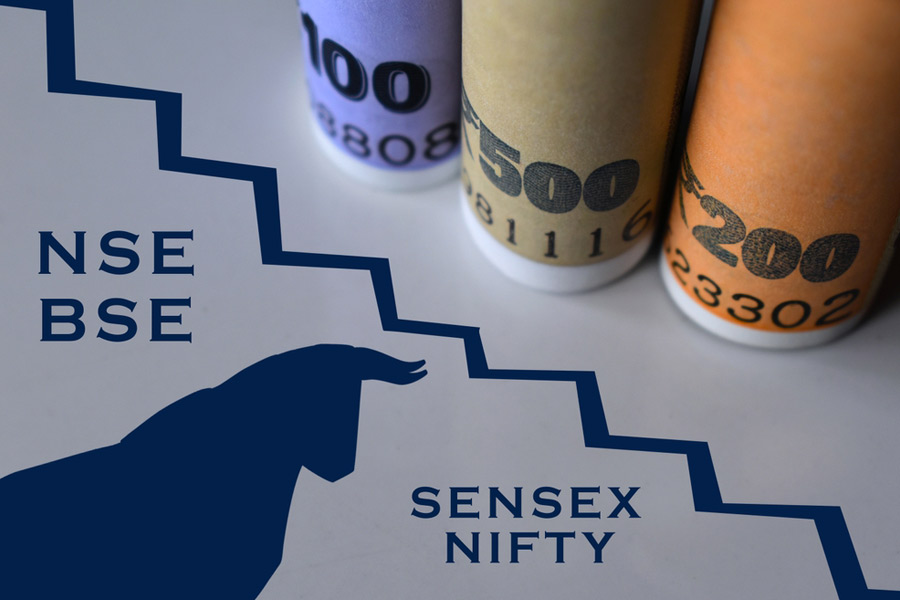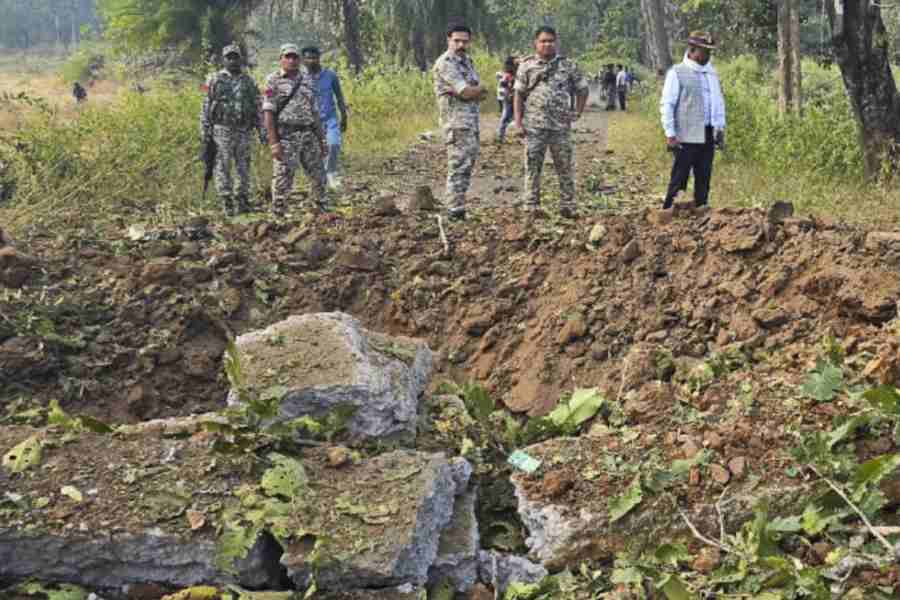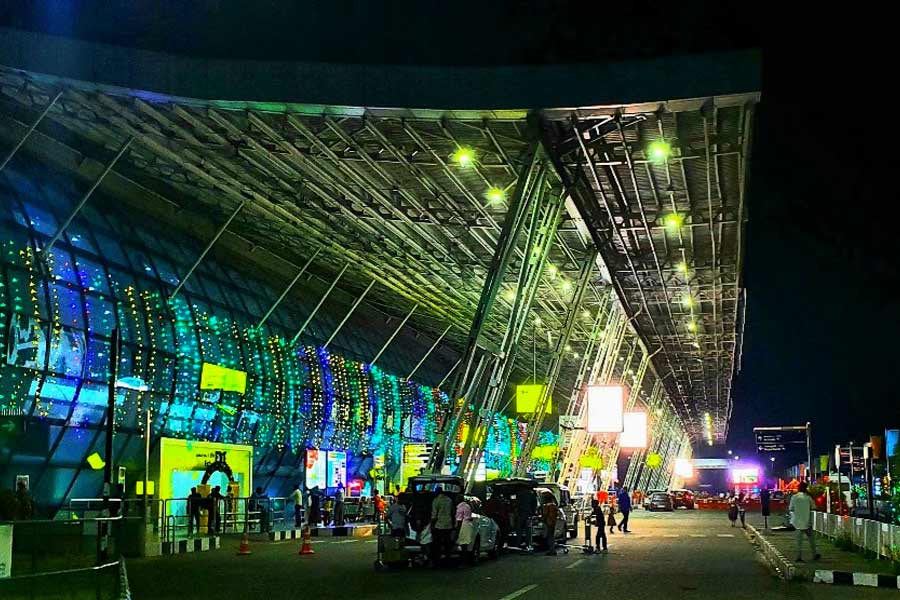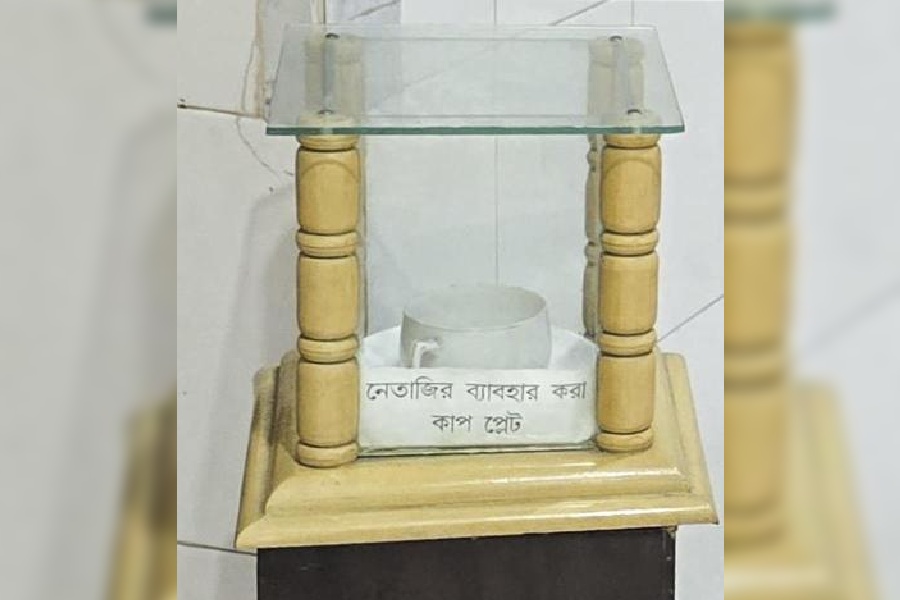It was not an assassination but a slow death. Death in custody. When the priest, Stan Swamy, was arrested last October like certain poets, journalists, teachers and lawyers in connection with the Elgaar Parishad case, he was ailing and elderly, but active. He had fought lifelong for the rights of tribal people, against their land alienation and the imprisonment of young tribal men as Maoists when they protested. It is a bitter irony that, after a rapid worsening of his health, he should die in custody, accused of Maoist links. The State’s attitude was made clear when he had to move court to get a straw without which he could not drink water. Interim bail was refused him in May when he said he was too ill to live long, and he died before the medical bail application could be heard. His death highlights three things. The first is the habitual refusal to give bail under the advice of the prosecuting or investigative agencies in spite of the Supreme Court’s emphatic declaration that bail should be the rule and jail the exception, aside from specific circumstances. Stan Swamy was booked under the Unlawful Activities (Prevention) Act that made bail difficult, but earlier, the Supreme Court had said that even in anti-terror and narcotics cases, an accused was entitled to bail if there was no immediate possibility of a trial. The denial of bail to Stan Swamy and the others arrested in the Elgaar Parishad case goes against Supreme Court rulings, while treating the accused as convicts overturns the principles of justice.
There is also the question of humanity. The treatment meted out to those labelled ‘urban Naxals’, most of them senior and with medical conditions, displays a targeted lack of compassion. Stan Swamy’s co-prisoner, Varavara Rao, was released on six months’ bail after his family’s desperate efforts, but not till the senior citizen’s physical and mental health had deteriorated unrecognizably. Both he and Stan Swamy had Covid-19; hospital stays did not seem to help much. For neglect is a weapon too. And last, prolonged detention without bail helps the State punish anyone who dissents or has different priorities. Stan Swamy and his co-prisoners were all known as champions of the underprivileged. The State is responsible for Stan Swamy’s death. But the shame of it and the loss it signifies are the Indian people’s.

